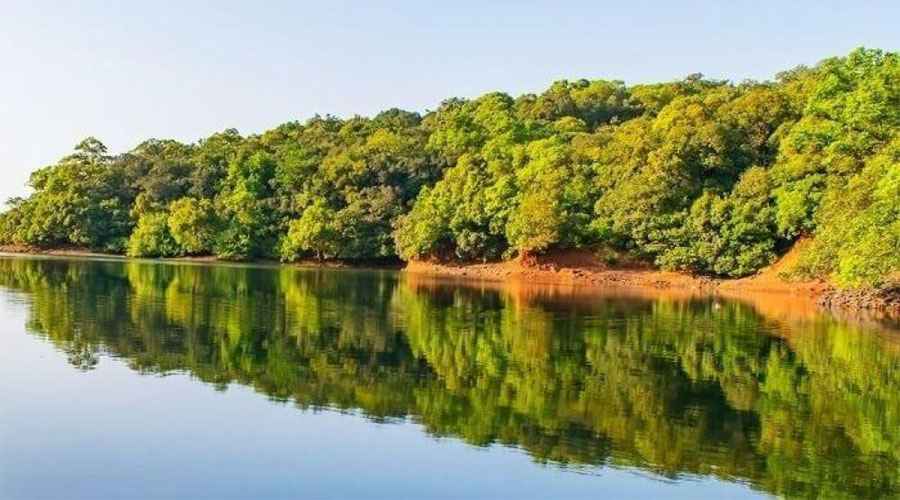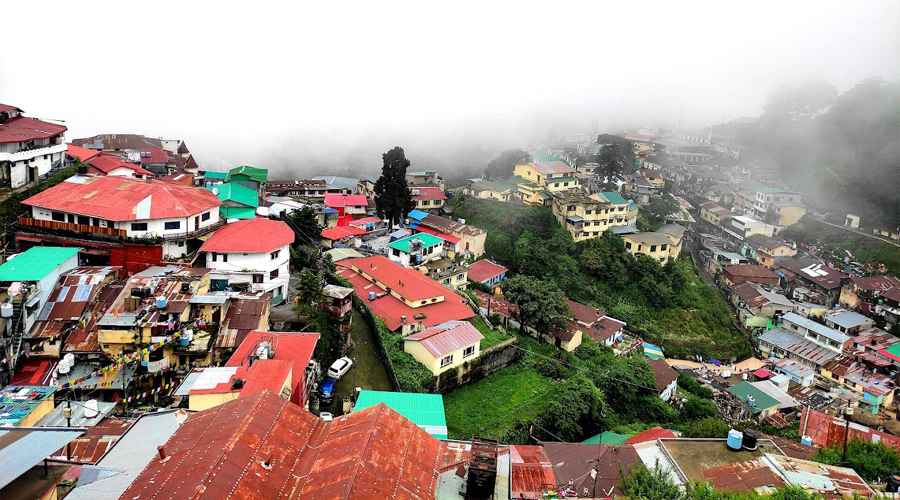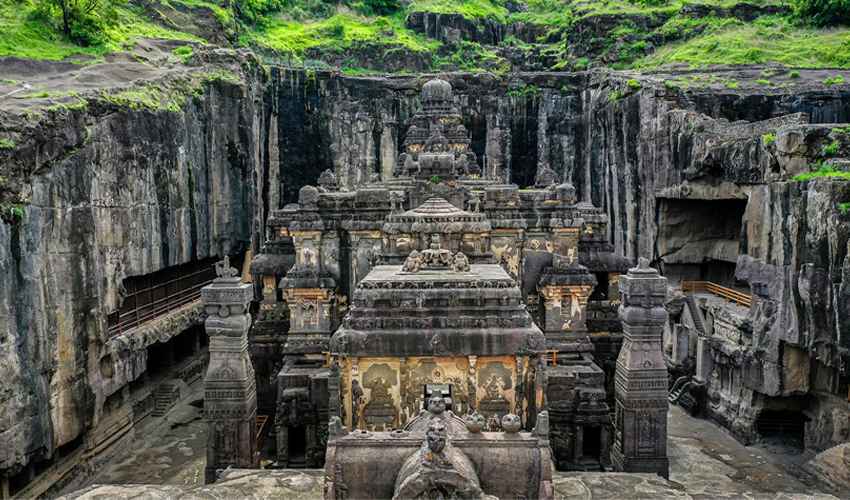Charlotte Lake, nestled in the hill station of Matheran in Maharashtra, India, is a captivating scenic spot known for its serene ambiance, lush surroundings, and importance as a primary water source for the town. Set amidst dense forests and mountains, the lake offers visitors a tranquil escape complemented by panoramic views of nearby hills, forested valleys, and iconic vantage points such as Echo Point and Louisa Point.
The lake derives its name from the colonial period and holds a special place in the hearts of locals and tourists alike. It is not just a natural marvel but also a cultural and ecological jewel within the eco-sensitive zone of Matheran, famous for being a vehicle-free hill station where movement is by walking, horseback, or hand-pulled rickshaws.
Natural Beauty and Location
View this post on Instagram
Charlotte Lake is beautifully situated at an altitude of around 708 meters amidst the Western Ghats, one of the world’s biodiversity hotspots. The emerald-green waters reflect the canopy of bushy trees that surround the lake, creating a picture-perfect harmony between water and forest. During the monsoon season, the lake fills to the brim, and the adjoining dam overflows, producing a charming waterfall that enhances the scenic appeal.
Its location away from urban noise amplifies the peaceful atmosphere, ideal for those seeking solace in nature. The surrounding forest area is abundant with birdlife, making the lake a popular spot for birdwatchers who often visit during dawn and dusk to catch glimpses of various migratory and local birds. The lake’s environment, with fresh mountain air and the gentle rustle of leaves, adds to the rejuvenating experience of visitors.
Historical and Cultural Significance
Charlotte Lake is steeped in cultural history. Adjacent to the lake stands the ancient Pisarnath Temple, dedicated to Lord Shiva. The temple is notable for its unique red-colored Shiva lingam, believed to be self-manifested according to local folklore. This temple serves as a spiritual hub for devotees, especially during festivals like Shivratri, which is celebrated with great enthusiasm nearby.
Matheran’s colonial past also reflects in the legacy of the lake, which was developed and maintained well during British times as a water reservoir. Today, it continues to be the primary source of potable water for Matheran’s residents, underscoring its critical ecological and community importance.
Activities and Visitor Experience
Charlotte Lake is a favored picnic spot where visitors often come for peaceful strolls, nature photography, and quiet contemplation amid stunning natural landscapes. Swimming, boating, or any water activities are strictly prohibited to preserve the lake’s purity and its function as a water reservoir. Visitors are encouraged to maintain cleanliness and minimize any ecological disturbance.
Nearby viewpoints like Echo Point and Louisa Point are accessible from the lake, offering additional breathtaking sights of the surrounding Sahyadri mountain ranges and forested valleys. Camping and small gatherings are popular, especially during the cool monsoon and winter months when the weather is most pleasant.
For those interested in wildlife and botany, guided nature walks are available, allowing guests to explore the diverse flora and fauna of the region. The lake’s serene setting also makes it a perfect spot for meditation and relaxation away from the bustle of city life.
Accessibility and Accommodation
Charlotte Lake is located approximately 1.5 to 2 kilometers from the Matheran market and railway station. Since Matheran is an eco-sensitive zone, motor vehicles are banned within the hill station, so visitors must reach the lake by walking, horseback riding, or using hand-pulled rickshaws from designated parking areas. This adds to the charm and peacefulness of the visit, immersing tourists in a more natural and less commercialized experience.
While there are no accommodations directly on the lake, Matheran offers a range of lodging options from budget hotels to luxury resorts within close proximity. Several homestays and villas are also available nearby for travelers seeking an extended stay in tranquil surroundings.
Best Time to Visit Charlotte Lake
The ideal time to visit Charlotte Lake is just after the monsoon season, from late September to November, when the lake is full and the landscape is lush green and vibrant. This season affords excellent visibility and pleasant weather to enjoy the natural beauty. The monsoon months themselves transform the area into a misty, magical environment, but heavy rains may make trekking challenging. Winter months from December to February also present a cooler, refreshing climate, perfect for sightseeing and outdoor activities.
Visitors particularly enjoy early mornings and evenings at the lake, when the skies often paint dramatic colors on the water surface and bird activity is at its peak.
Environmental Importance and Preservation
As the main drinking water source for Matheran, Charlotte Lake is under constant environmental protection. Efforts are made to keep the water and surroundings clean, and human activities in and around the lake are regulated to sustain its ecological balance. The ban on vehicles inside Matheran complements these conservation efforts by minimizing pollution and preserving the area’s pristine nature.
Tourists are advised to respect the environment by avoiding littering, plastic use, and any behavior that could harm the lake’s fragile ecosystem. This makes Charlotte Lake not only a place for leisure but also a model for eco-friendly tourism.
In Summary
Charlotte Lake is a unique jewel in Matheran’s landscape, merging scenic beauty, cultural heritage, and ecological significance into one tranquil destination. Its pristine emerald waters surrounded by dense forests provide an idyllic retreat from urban life, while the nearby Pisarnath Temple enriches the visit with spiritual and historical context.


